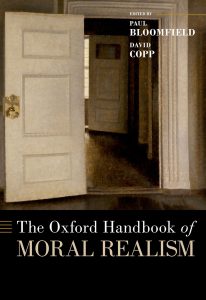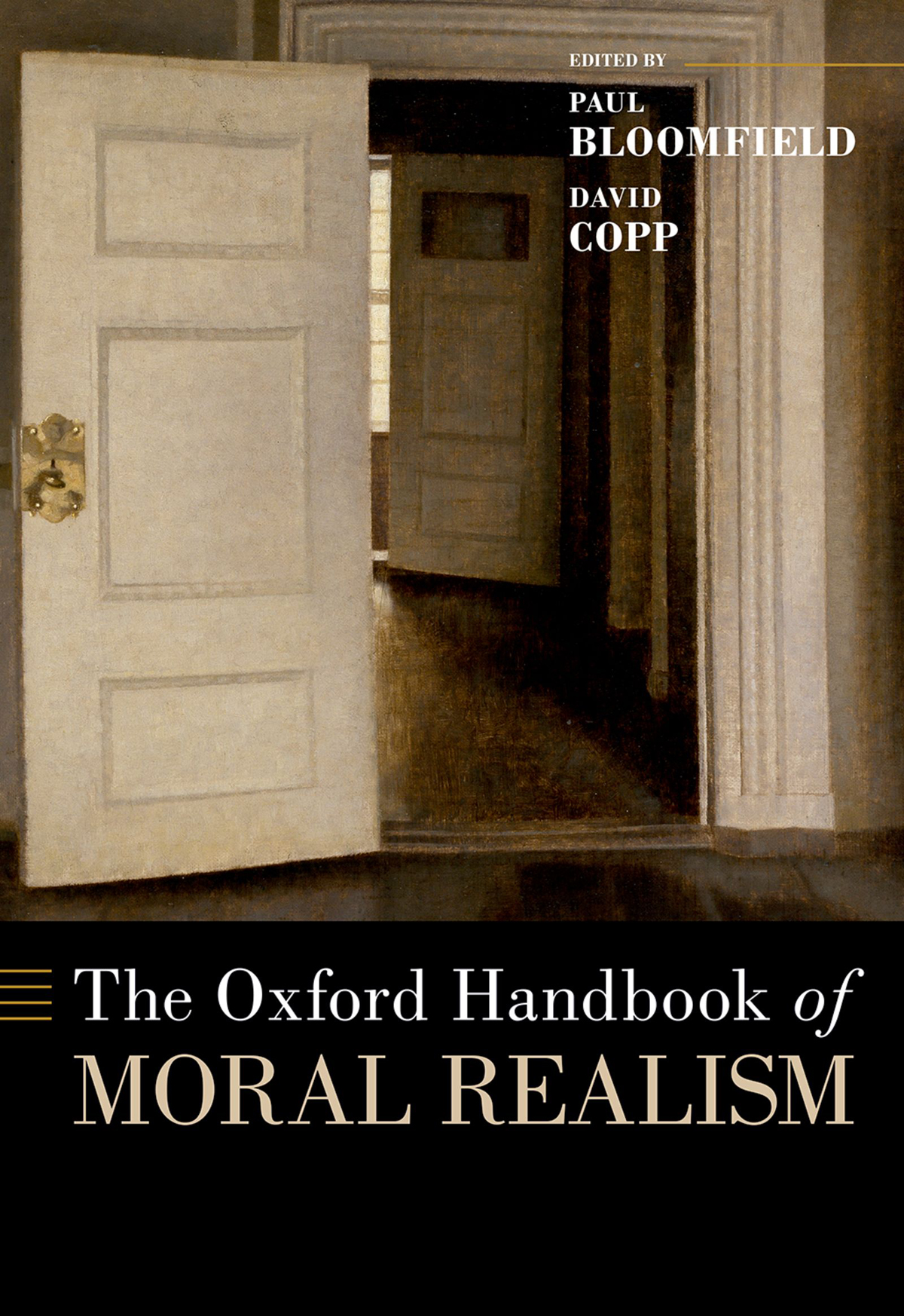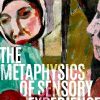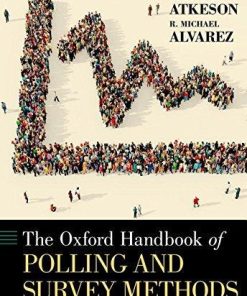The Oxford Handbook of Moral Realism 1st Edition
$50.00 Original price was: $50.00.$25.00Current price is: $25.00.
The Oxford Handbook of Moral Realism 1st Edition – Ebook Instant Download/Delivery ISBN(s): 9780190068226,0190068221,9780190068240, 0190068248

Product details:
- ISBN-10: 0190068248
- ISBN-13: 9780190068240
- Author: Paul Bloomfield; David Copp
“Moral realism” is a family of theories of morality united by the idea that there are moral facts–facts about what is right or wrong or good or bad–and that morality is not simply a matter of personal preferences, emotions, attitudes, or sociological conventions. The fundamental thought underlying moral realism can be expressed as a parity thesis. There are many kinds of facts, including physical, psychological, mathematical, temporal, and moral facts. So understood, moral realism can be distinguished from a variety of anti-realist theories including expressivism, non-cognitivism, and error theory.The Handbook is divided into four parts, the first of which contains essays about the basic concepts and distinctions which characterize moral realism. The subsequent parts contain essays first defending the idea that morality is a naturalistic phenomenon like other subject matters studied by the empirical sciences; second, that morality is a non-natural phenomenon like logic or “pure rationality”; and the final section is dedicated to those theories which deny the usefulness of the natural/non-natural distinction. The twenty-five commissioned essays cover the field of moral realism in a comprehensive and highly accessible way.
Table contents:
I. About Moral Realism and its Varieties
1. Defining Moral Realism
2. Metaphysical Structure for Moral Realists
3. Moral Realism and Objectivity
4. Epistemology for Realists
5. The Bearing of Moral Rationalism on Moral Realism
6. Does Anything We Care about Distinguish the Non-Natural from the Natural?
7. Ethical Naturalism, Non-Naturalism, and In-Between
8. Can a Moral Judgment Be Moorean?
9. Real Ethics
II. Naturalism
10. Ethical Naturalism: Problems and Prospects
11. Ethical Realism and Robust Normativity
12. Moral Functionalism
13. Function, Fitness, Flourishing
14. Realism about the Good For Human Beings
III. Non-Naturalism
15. Moral Conceptual Truths
16. Five Kinds of Epistemic Arguments against Robust Moral Realism
17. The Explanatory Roles of Moral Facts and the Case for Moral Realism
18. Derek Parfit’s Non-Naturalist Cognitivism
19. Ardent Moral Realism and the Value-Laden World
20. Oh, All the Wrongs I Could Have Performed! Or: Why Care about Morality, Robustly Realistically Understood
IV. Neither Naturalism nor Non-Naturalism
21. Response-Dependent Realism
22. Deflationary Metaethics
23. On the Properties of Quietism and Robustness
24. Prospects for a Quietist Moral Realism
25. Moral Anti-Exceptionalism
People also search:
the oxford handbook of moral psychology
the oxford handbook of american literary realism
the oxford handbook of reasons and normativity
oxford handbook of moral responsibility
oxford handbook of moral realism
oxford handbook of moral psychology








